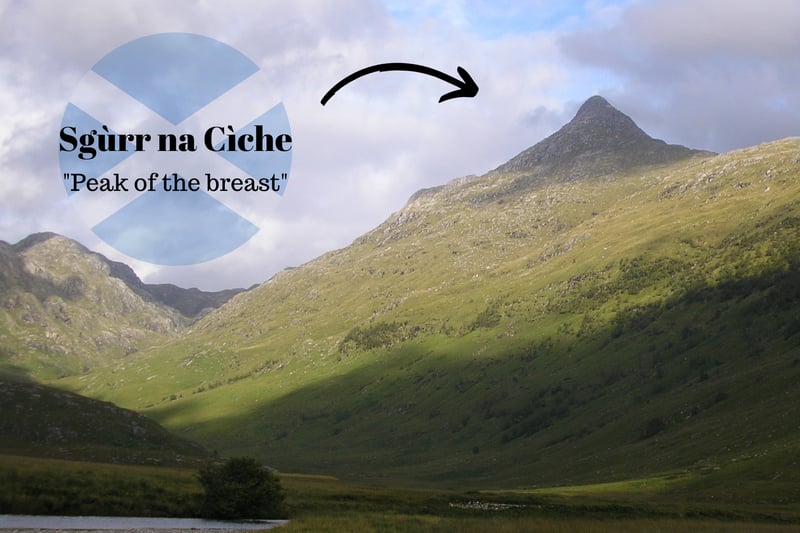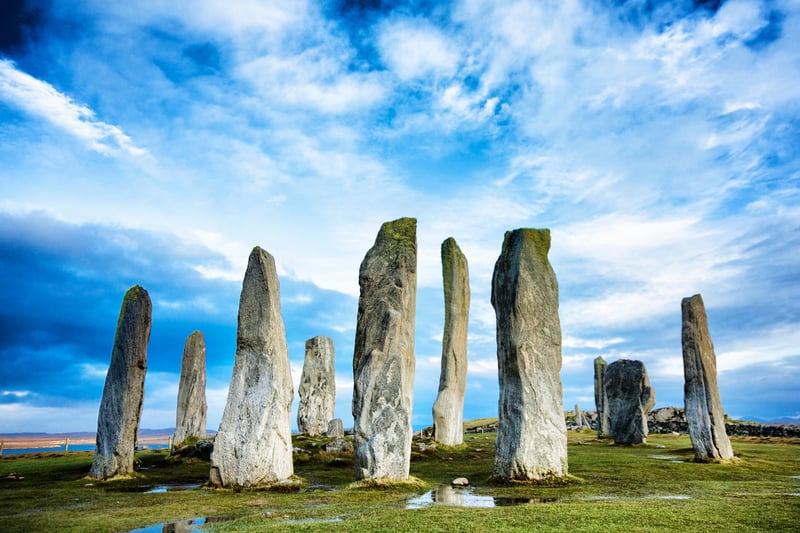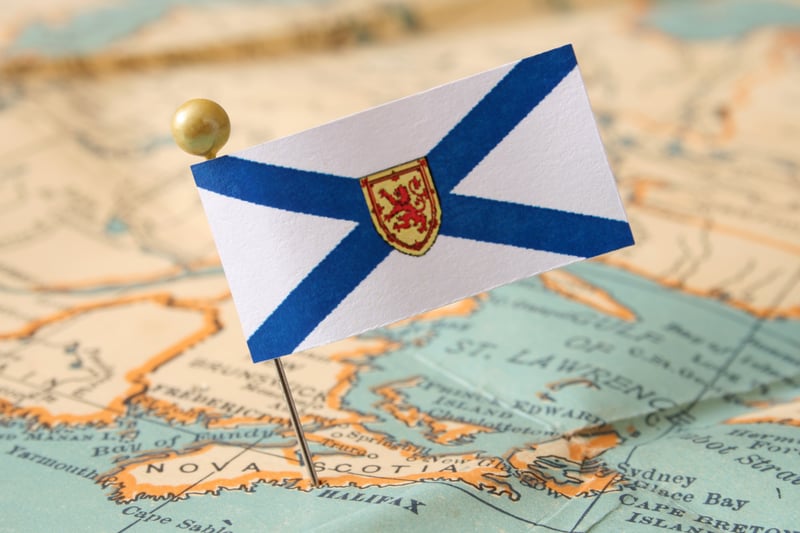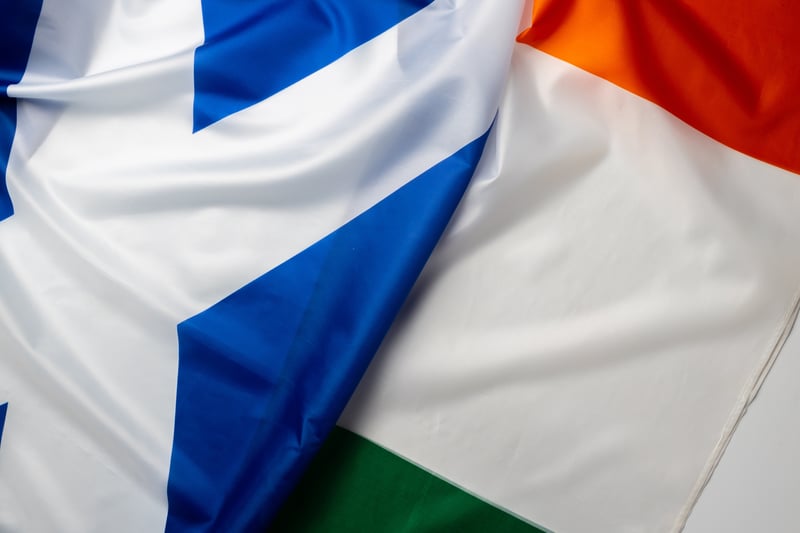When crossing the Scottish border, we’re greeted with a sign that reads “Fàilte gu Alba” and to the average driver it may mean nothing but others will know it’s Scottish Gaelic for “Welcome to Scotland”. No different to “Fáilte go hÉirinn” signs in Irish or “Croeso i Gymru” equivalents for Welsh at their borders, immediately we’re made aware that we’ve entered a nation of rich Celtic culture; yet this heritage has been minoritised.
As written by Paul Kavanagh in Scotland’s Language Myths: “A minoritised language is a language which was once the language of the majority of a given country or large geographical region, but due to political and other factors became socially marginalised.” The Gaelic-speaking tradition predates even the reign of medieval Scottish Kings following Irish Gaelic’s arrival to Scotland around 500 AD.
Sadly, since then historical events like the Battle of Culloden and the ensuing Highland Clearances, education acts that banned Gaelic in schools, and the emergence of English-speaking dominance in society have seen Scots Gaelic wilt away. Of course, this plight is not exclusive to Gaels as many minority languages worldwide are in the same battle to exist in their own heartlands.
Bilingualism is the rule and not the exception in many countries, so why should Scotland differ? However, the next argument tends to be “well, be bilingual with a useful language!” That’s where our Scotsman readers come in. With over 1.5 million learners signed onto Gaelic on Duolingo, popular TV shows like Outlander featuring Gaelic, and new businesses opening like the Gaelic Cafe in Stornoway (which will hopefully inspire others), there is clearly a drive to use the endangered tongue.
So, to help us articulate that best we created an engagement post that read “Scottish Gaelic is worth learning because…” and our Scotsman readers offered hundreds of insightful answers that we have condensed into this well-meaning list of twenty-one reasons to learn Gaelic.
Sadly, since then historical events like the Battle of Culloden and the ensuing Highland Clearances, education acts that banned Gaelic in schools, and the emergence of English-speaking dominance in society have seen Scots Gaelic wilt away. Of course, this plight is not exclusive to Gaels as many minority languages worldwide are in the same battle to exist in their own heartlands.

5. Gaelic is worth learning because… Map reading is way more interesting
Scotland’s place names are notoriously difficult to pronounce (even for native Scots!) Often, this is because they have unique names that originate from Gaelic but these have been anglicised in the modern era. With Gaelic, you can deconstruct the names and enjoy, as one user said, “wee messages from our ancestors”. For example, the capital of the Scottish Highlands, Inverness, is Inbhir Nis in Gaelic (mouth of the River Ness) instantly telling you something about the local geography. Other motifs can be amusing, such as the emergence of “cìoch” (cìche) in Gaelic hill names which denotes one that resembles a woman’s breast.

6. Gaelic is worth learning because… It's an excuse to visit Scotland’s most beautiful areas
Even though Scottish Gaelic has been spoken all over Scotland, it is largely accepted that the heartlands of the Celtic tongue are in the Highlands and Islands of the country. Especially in regions like the Isle of Lewis in the Outer Hebrides, visitors can enjoy the experience of naturally stumbling into Gaelic. (Note from the author: on my trip to Stornoway, the main town on Lewis, I organically met a lovely dog walker who was commanding her dog in Gaelic. As a proud owner of the “Teach your dog Gaelic” book by Anne Cakebread, telling the pooch to “suidh” (sit) and seeing it work was nothing short of awesome.)

7. Gaelic is worth learning because… It isn’t only spoken in Scotland
This is true in many ways. Last year, we discovered that the largest group that was learning Scottish Gaelic on Duolingo was the USA; making up 37% of all learners while the UK staggered behind at 25%. Ironically, Canada fell even further behind at 6% but in the nation’s history Gaelic was once the third most spoken language. According to the Nova Scotia website: “As many as one hundred thousand Nova Scotians spoke Gaelic as their mother tongue in 1900. Today, estimates claim there are between 1000 and 2000 Gaelic speakers and learners in the province.” Not surprising for a place named “New Scotland”.

8. Gaelic is worth learning because… The connection it opens to other Celtic tongues
Any speaker of a Romance language will confirm that they can understand its sister languages at some level. To express thanks in Spanish you say “gracias”, in Catalan it’s “gràcies” and in Italian it becomes “grazie” (you get the picture.) Similarly, as they’re united under the Goidelic branch of Celtic languages, studying Scottish Gaelic also confers an understanding of Irish and Manx at some level. To use a similar example, in Scots Gaelic to wish someone goodnight you could say “oidhche mhath”, in Irish this is “oíche mhaith” and in Manx it becomes “oie vie”.


